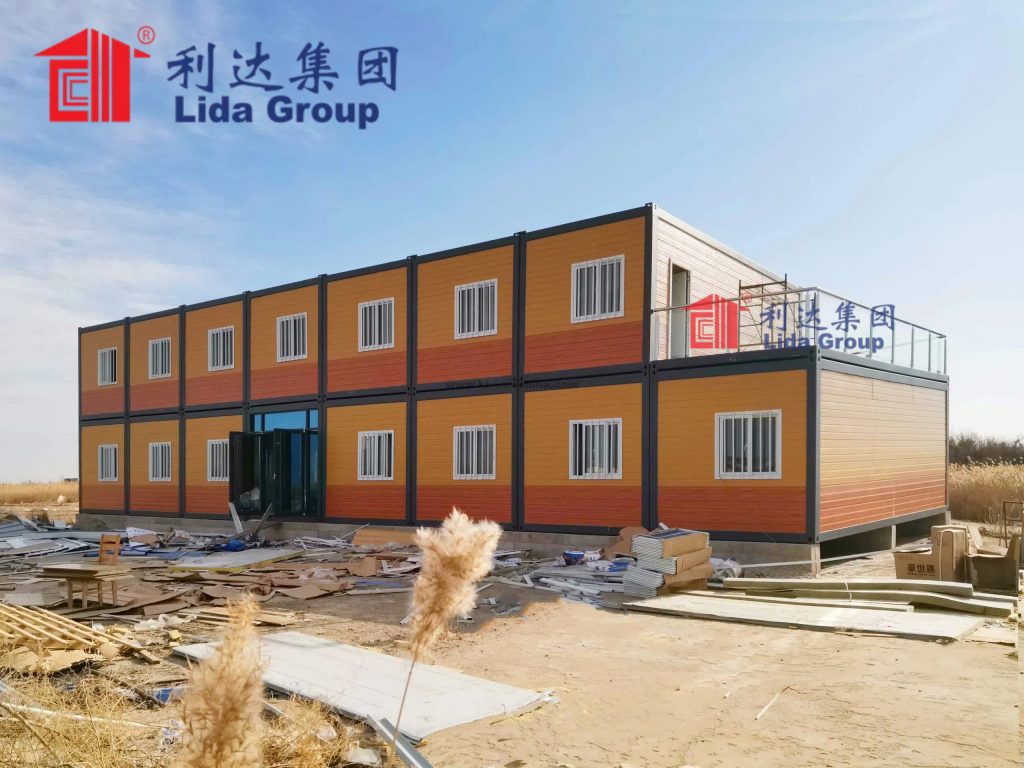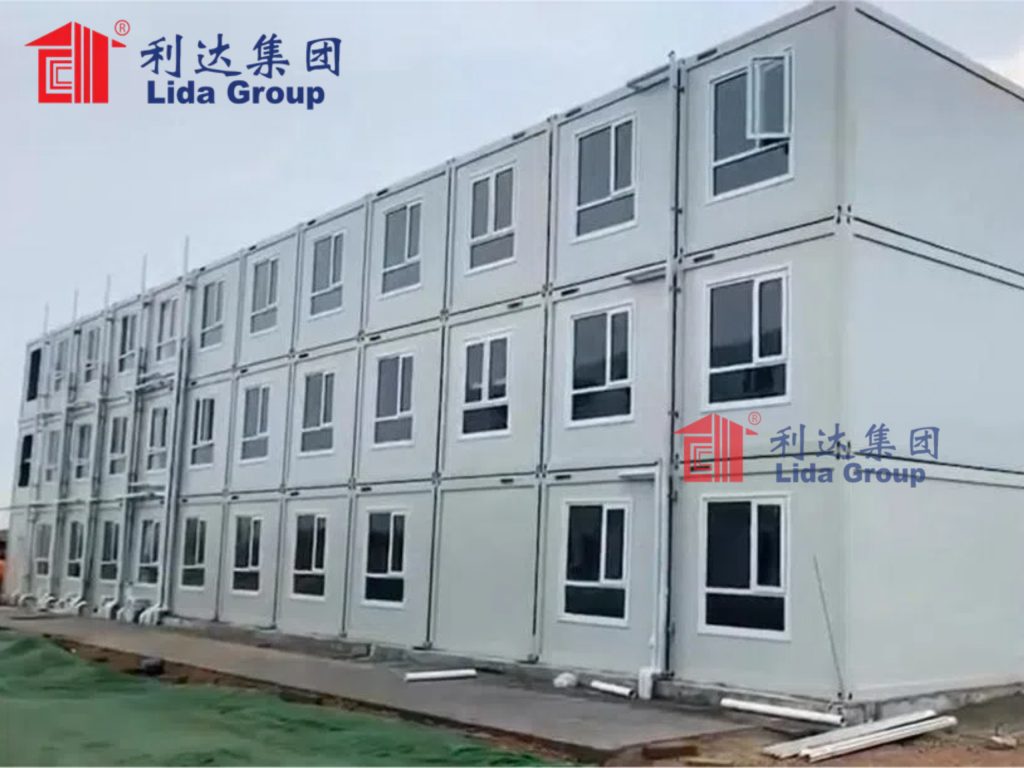As global energy demand drives hydrocarbon exploration and production activities into increasingly remote pristine regions, operators face unique logistical hurdles establishing habitation infrastructure supporting large workforces far from existing communities. Traditional approaches constructing large centralized camps require immense investments, lengthy construction timelines prohibitive to expedited project schedules. However, innovative modular accommodation technologies optimized for portability now enable remote oilfield operations previously considered infeasible due to lack of housing scale.
Neptune Drilling is a mid-sized Canadian onshore and offshore energy company accelerating exploration and appraisal activities across huge undeveloped northern territories. With upcoming drilling campaigns spanning multiple remote frontier wildcat prospect areas simultaneously, accommodating rotational workforces of hundreds over extended periods necessitated unprecedented housing solutions. Traditional centralized camp implementations could not fulfill objectives to establish operations within accelerated 12 month schedules.

Consulting numerous modular accommodation providers, Neptune managers were most intrigued by proposals from Chinese engineering group Lida specializing in containerized construction optimized for rapid deployment logistics. Having successfully delivered numerous mobile living centers internationally supporting mining, oil/gas and infrastructure projects, Lida exhibited proven expertise accommodating large remote workforces. Their modular systems leveraging standardized containers and lightweight prefabricated enclosures appealed as a housing paradigm shift for Neptune’s frontier oilfield operations.
Lida designed complete modular accommodation villages supporting 600 rotating personnel across 3 remote staging sites 500km apart connected only by annual winter ice roads and infrequent airlifts. Comprising refitted 40′ steel shipping containers retrofitted as apartments, communal facilities, workshops and support structures, individual living complexes assembled into integrated neighborhoods connected via insulated panel enclosures.
Crucially, neighborhoods were dimensioned at under 50 tonnes transport weight and 10 meter widths enabling highway haulage or airlift transport between sites independent of road or winter ice access limitations. Fluid fitting standardization permitted simple “plug and play” integration of water, sewage, HVAC and power utilities. All-inclusive integrated power generation solutions provided off-grid living independence.

At Lida’s manufacturing facilities in China, complete neighborhoods were prefabricated in sub-assemblies with container interiors outfitted as dormitories, cafeterias and more before shipping to Canada. On-site assembly using friction-fit insulated panel connections rapidly integrated neighborhoods within weeks using minimal resources versus conventional constructions necessitating foundations, pipefitting and electrical. Identical replicable neighborhoods supported rotating populations between disparate staging locations accessed via year-round logistics or opportunistic winter roads.
Over two years three distinctive modular neighborhoods established workforce housing at land drilling staging points and isolated shore bases for offshore exploration rigs. Housing over 600 personnel as campaigns fluctuated, the transportable neighborhoods empowered an operational scale previously thought logistically impossible. Rotating neighborhoods supported personnel flow efficiently across exploratory activities spanning hundreds of kilometers. Standardization simplified maintenance and integrated power/utilities upheld livability.
Emergency situations validated accommodation portability when unexpected winter thaws stranded seasonal ice roads. Lida mobilized within days dismantling entire neighborhoods aerially lifted to alternate accessible staging areas sustaining operations uninterrupted. Demobilization likewise occurred seamlessly via ground convoys or craned module stack trains when campaigns concluded. Neptune reported container villages outperforming livability, logistical flexibility and rapid deployment timelines of any housing alternative.

With proven success establishing remote oilfield operations across Canada’s frontier north, demand has surged from energy producers globally exploring new pristine regions. Common modular village applications now include supporting offshore rig campaigns, pipeline construction camps, mining exploration bases and LNG projects extending into logistically complicated terrains. As industrial activities accelerate into remote wilderness frontiers, containerized modular construction unlocked by technologies like Lida Group’s establishes worksites sustainably within compressed schedules.
In conclusion, innovative modular construction pioneered through Lida Group has revolutionized workforce housing logistics empowering remote oil/gas operations worldwide previously considered unfeasible. Leveraging standardized construction, integrated portable utilities and rapid deployment, entire self-sufficient villages can now inhabit even the most frontier regions to support large rotational workforces over extended periods. This crucial enabling technology unlocks resource exploitation frontiers which could not be achieved economically or sustainably via conventional methods. For global energy industries accelerating activities into remote pristine areas, modular villages establish new standards optimized for logistical realities of frontier developments.

Related news
-
Researchers collaborate with Lida Group to develop portable modular housing prototypes combining easy-install container structures and composite building skins for expeditions.
2024-10-28 15:18:12
-
Farmers purchase demountable prefabricated farmstay units from Lida Group constructed off-site for seasonal workers utilizing insulated composite panel systems.
2024-10-21 17:04:12
-
Manufacturing plant selects durable fireproof and waterproof structural steel frame buildings from Lida Group for large workshops and warehousing facilities to protect critical operations
2024-10-17 17:23:53
contact us
- Tel: +86-532-88966982
- Whatsapp: +86-13793209022
- E-mail: sales@lidajituan.com


